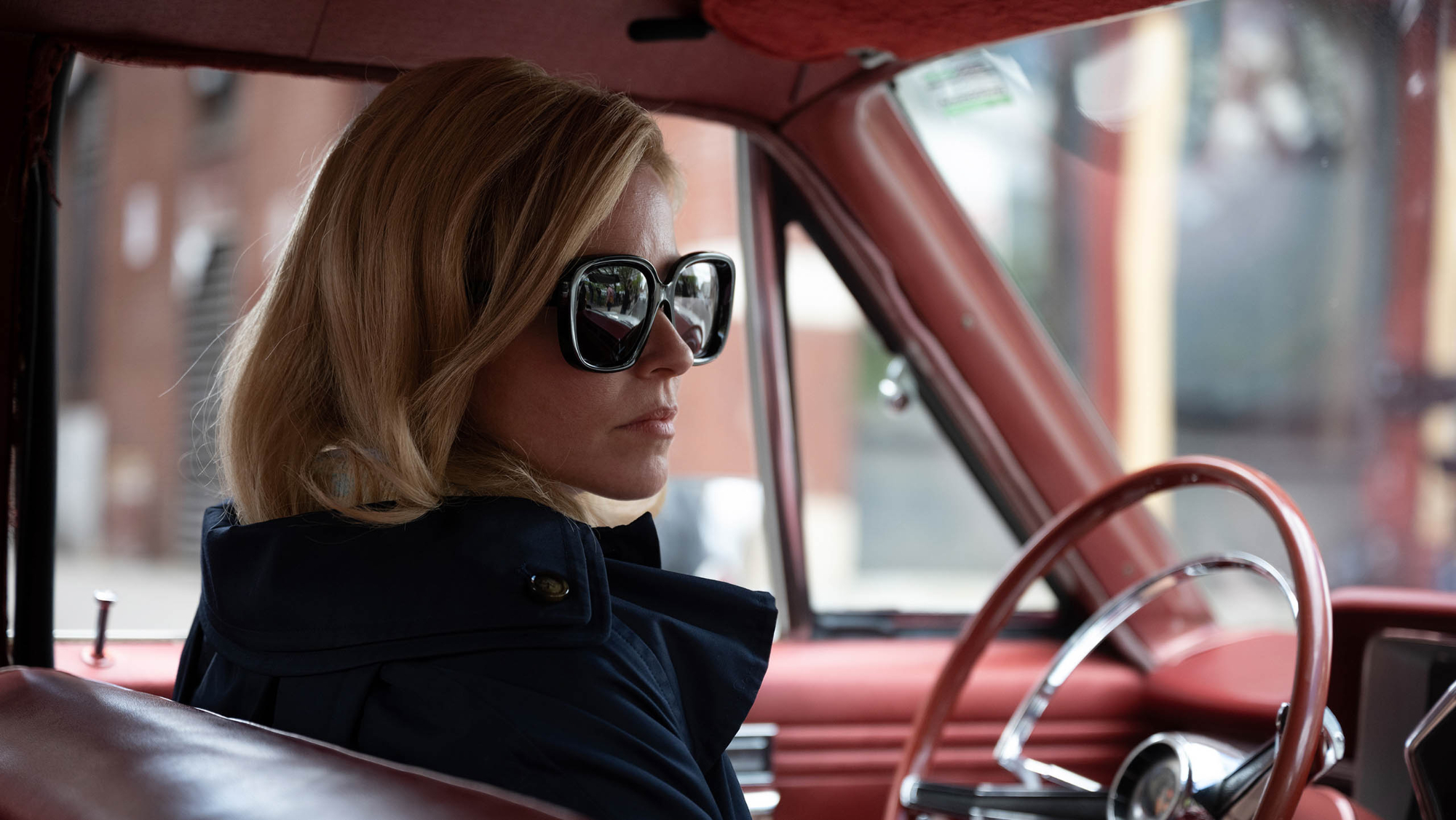By Ben Miller
Handsomely filmed and admirably performed, Oscar-nominated Carol screenwriter Phyllis Nagy makes her feature film directorial debut with Call Jane. Elizabeth Banks stars as Joy, a traditional suburban Chicago housewife in the 1960s. Joy has a loving but busy lawyer husband Will (Chris Messina) and a 14-year-old daughter Charlotte (Grace Edwards). Joy is newly pregnant, and keeps having dizzy spells and passes out in her kitchen. Her doctor diagnoses a congenital heart blockage that threatens her life, unless the pregnancy is terminated - the only treatment...
The hospital board turns down Joy's request for a termination, so she looks for an illegal abortion. After being scared away from a less-reputable establishment, Joy finds a flyer to "Call Jane." Through a phone service, she meets her liaison Gwen (Wunmi Mosaku), doctor Dean (Cory Michael Smith) and Call Jane's leader Virginia (Sigourney Weaver), willing to provide her with a safe, though still illegal, abortion.

Joy becomes enlightened by the Janes and finds herself more and more involved in the organization. As she learns and sees and take action, Joy understands the true measure of inequality for women's rights in the world and in her own life.
Frankly, I was expecting the film to be much more heavy-handed. That's not to say the film takes on both sides of the issue. At one point, Virginia states, "We help women. We don't judge them." It's the film's true rallying cry. Some clients of the Janes are wildly unsympathetic, others are stuck in heartbreaking situations. As the clientele grows, so does the weighing of who gets the procedure. Is it reduced to capitalistic gains, or which situation requires the most immediate attention? How do you weigh need?
Banks appears in almost every scene and nails the tone. She deftly balances the buttoned-up housewife characterization with the dawning realization of her true calling as a radical. She is sympathetic and resourceful, and ratchets up the exasperation when the scene calls for it. Weaver is mostly stuck with exposition, which is needed, but she does have a standout scene with Smith where she reminds the world how sexy and alluring she can be. Wumni is a stand-in for women of color, but her steady anger is more than justified. Her performance is small, but powerful.

The film is cleanly lensed by Greta Zozula, while Oscar-nominated costume designer Julie Weiss (Frida) puts some fantastic outfits on display without drawing attention to herself; it's a historical drama rather than a "costume drama". Nagy has an eye for tension in the procedure scenes. These sequences never feel exploitative or overly intrusive, but they still convey emotion through minor details. Another standout scene involves Joy's run-in with a police officer (John Magaro), which raises the tension to the film's highest point but also subverts expectations.
Though somewhat formulaic, Call Jane is a great start for Nagy as a director. The astute, adult filmmaking should serve her well in the future. I can't wait to see what she does next. B+
